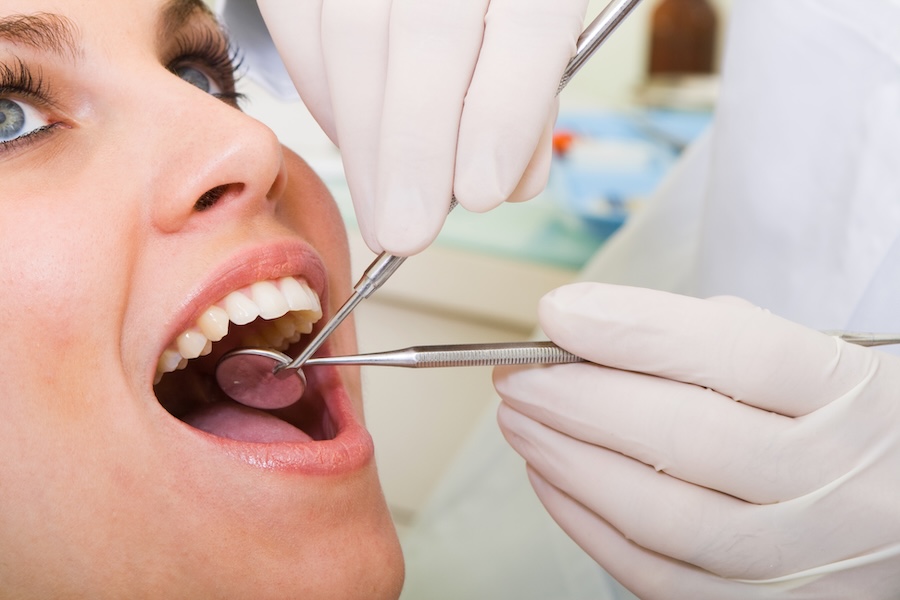
Symptoms of Oral Cancer: What to Watch For
May 16, 2025 9:00 amOral cancer can affect the lips, tongue, cheeks, gums, and roof or floor of the mouth. It often starts small, but like many cancers, it becomes more serious the longer it goes undetected. The good news? When caught early, oral cancer can be treated more successfully.
At Ryan Dental in Olathe, KS, Dr. William Ryan and Dr. Randy Regier check for early signs of oral cancer as part of every exam. Knowing what symptoms to look for at home can also help you stay one step ahead.
Common Symptoms of Oral Cancer
Oral cancer can affect the lips, tongue, cheeks, roof of the mouth, and throat. One of the most common symptoms is a sore or ulcer that doesn’t heal after two weeks. While many mouth sores are harmless, anything that lingers should be checked.
Other signs include:
Red or white patches in the mouth
A lump or thickened area inside the cheek
Pain or difficulty when swallowing
Numbness in the tongue or lips
Hoarseness or a change in your voice
Some patients notice a persistent sore throat or the feeling that something is caught in their throat.
If you notice any of these signs—especially if they persist—it’s time to get checked. Not every symptom means cancer, but it’s always worth looking into.
Risk Factors to Know
Tobacco use and heavy alcohol consumption are major risk factors. But oral cancer can also affect people who don’t smoke or drink. HPV (human papillomavirus), especially HPV-16, has been linked to a rise in oropharyngeal cancers in younger adults. Prolonged sun exposure can also increase the risk of lip cancer. Still, even people without risk factors can develop oral cancer, which is why regular screenings are important for everyone.
Why Early Detection Matters
When oral cancer is found early, it’s much more treatable. That’s one reason routine dental exams are about more than just teeth.
Oral Cancer Screenings at Ryan Dental in Olathe, KS
At Ryan Dental, Dr. William Ryan and Dr. Randy Regier include visual and physical screenings for oral cancer during routine dental exams. These screenings are quick, non-invasive, and can help detect early warning signs before symptoms become obvious.
If you’ve noticed anything unusual—or just haven’t had a checkup in a while—schedule a visit. A few minutes today could make a big difference down the road.
Categorized in: Oral Cancer Screening, Preventive Dental Care

